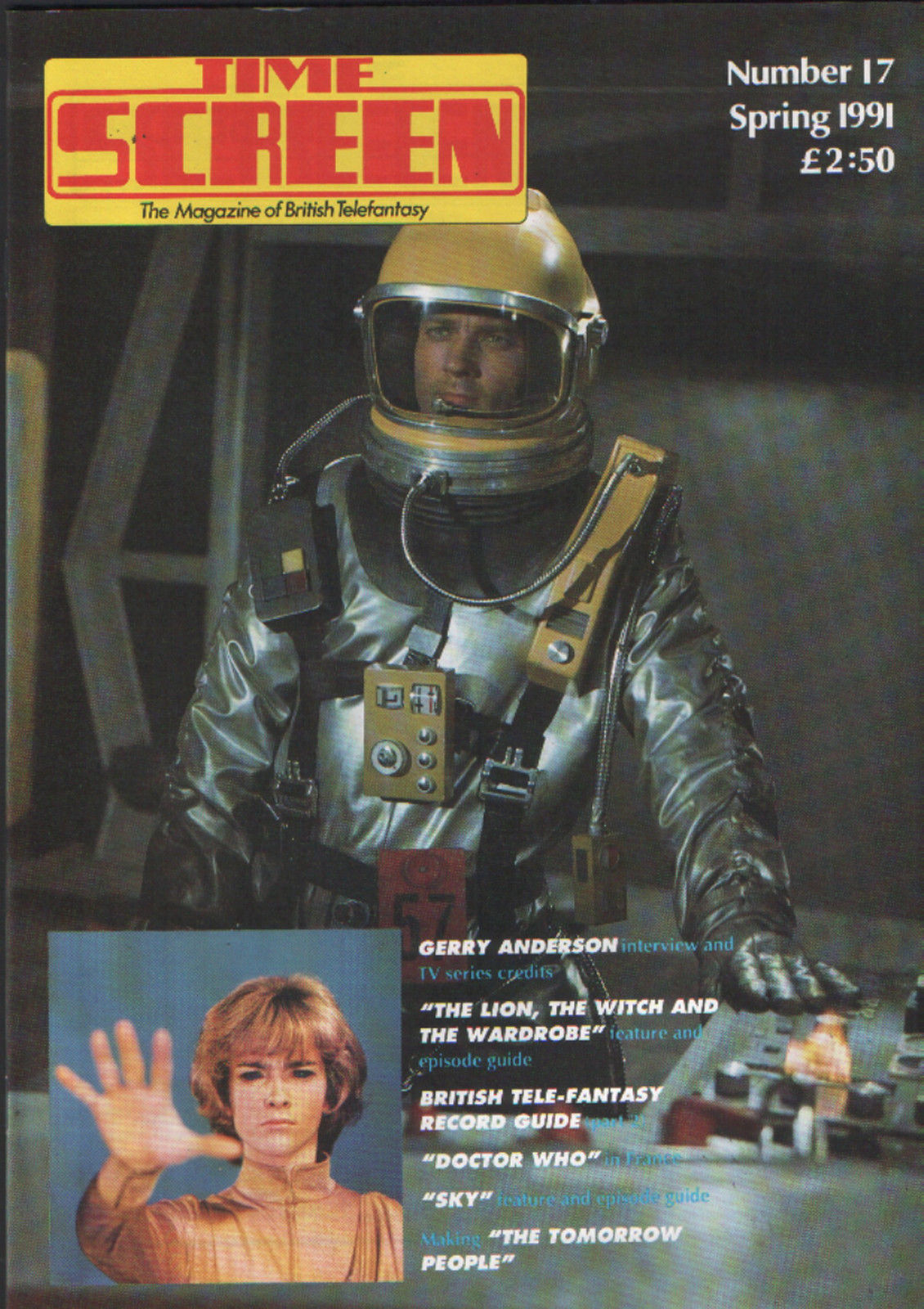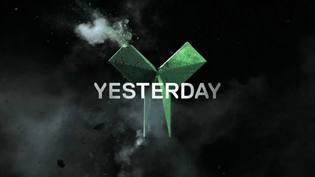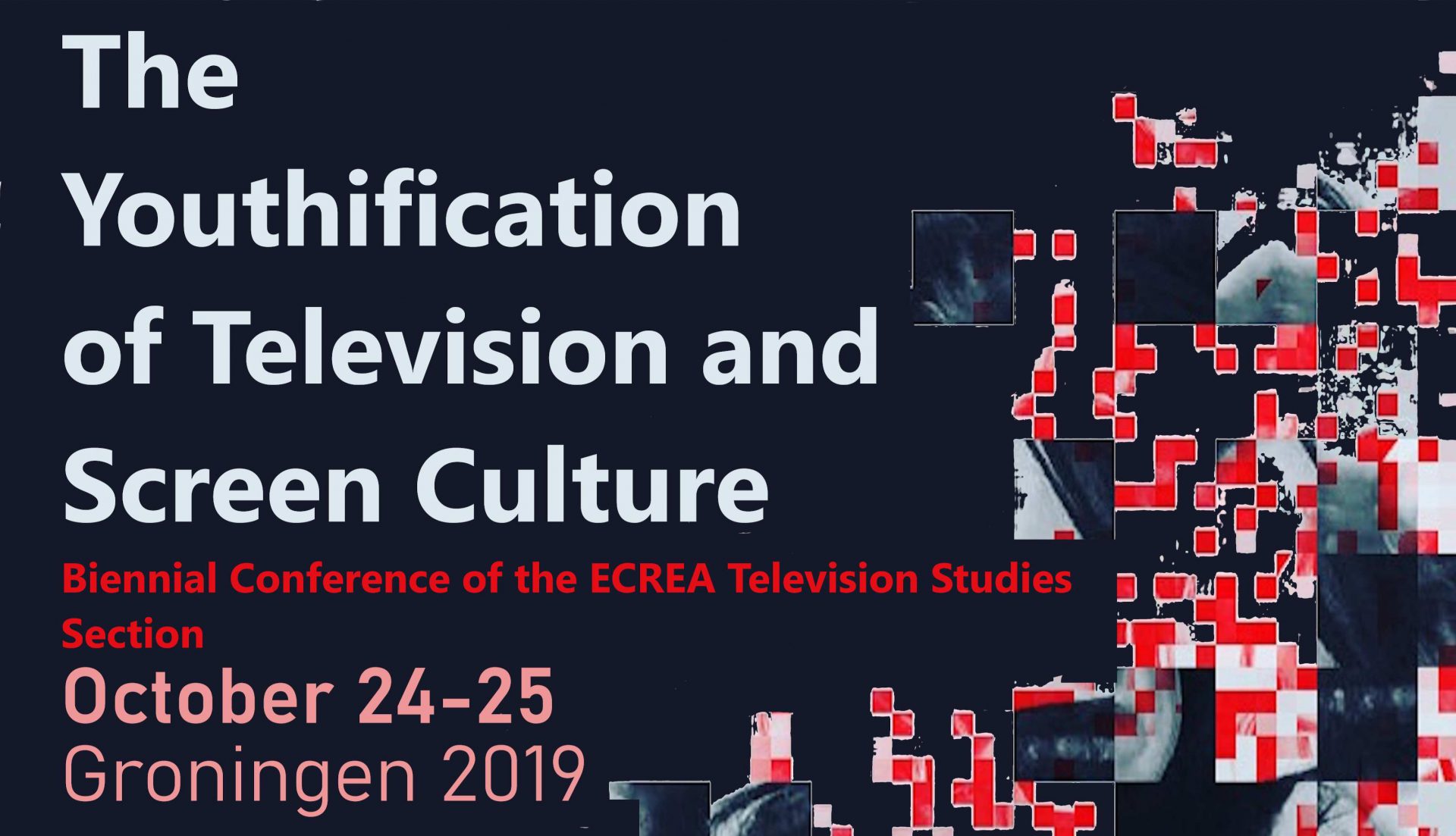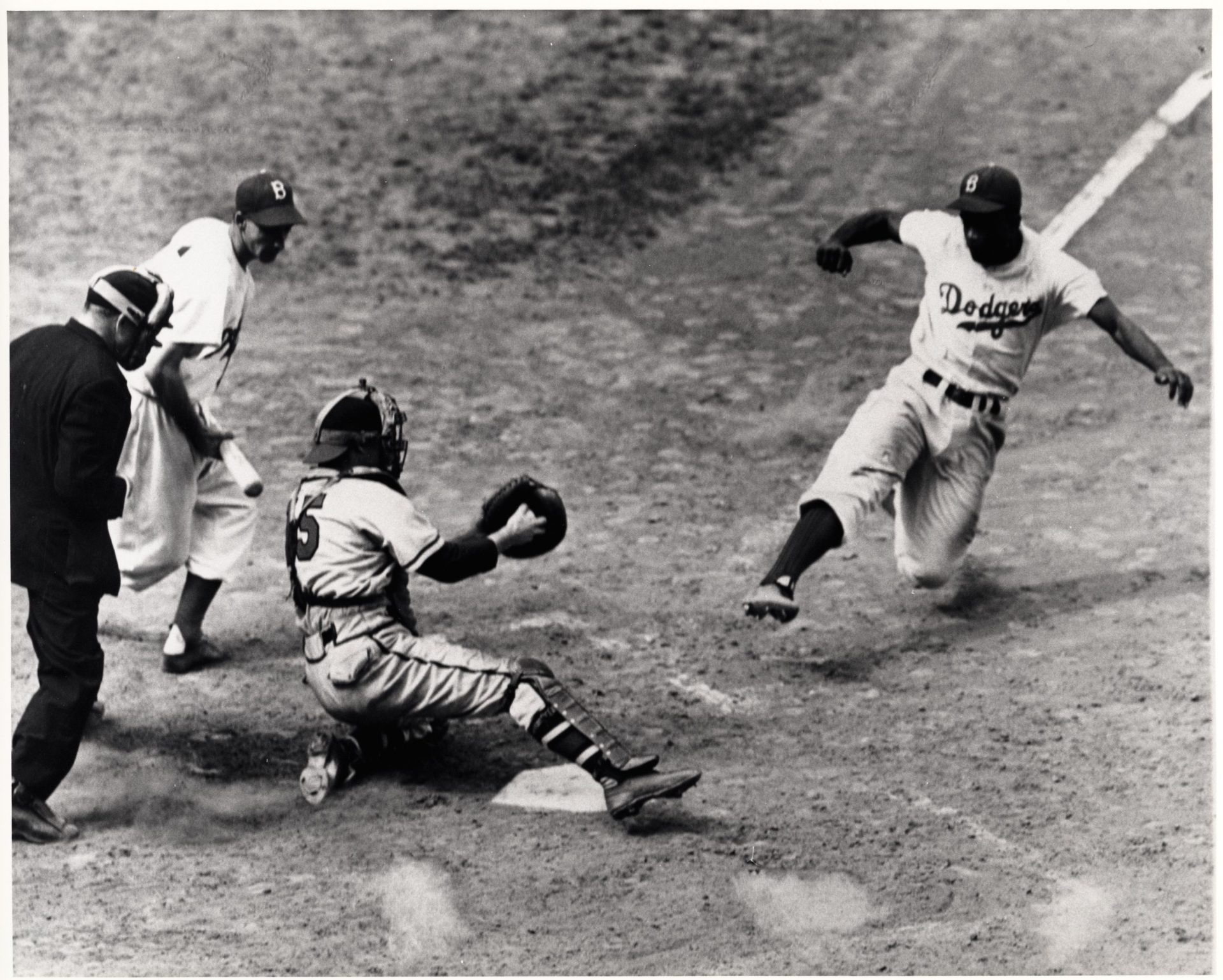
Full paper submission deadline: January 31st, 2020 “SERIES. International Journal of TV Serial Narratives” (https://series.unibo.it) is an open access and peer-reviewed journal, with ISSN and indexed in major international databases. It publishes two issues per year, and is mainly devoted to television seriality.









